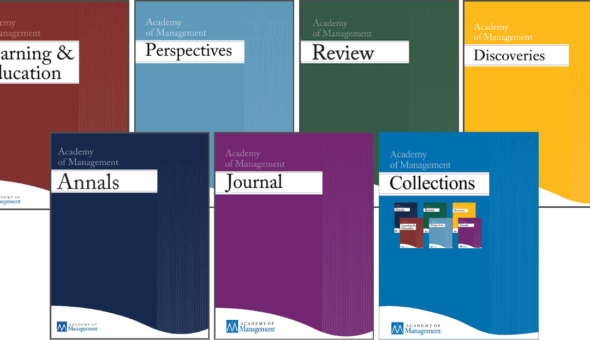Professor Julien Cayla is Associate Professor of Marketing at Nanyang Business School in Singapore. He recently delivered a Distinguished Speaker seminar at the School of Management, sharing his research on emotional energy in customer service interactions. In this post, he identifies the factors that can help to build, rather than drain, this energy.
Customer service is an environment characterised by high turnover rates and increasing demands on staff, so keeping morale high is likely to drive both retention and standards. How can service organisations ensure that interactions with customers not only meet their needs, but also motivate frontline employees?
Our study explored this question through ethnographic field research at Club Med, a well-known French all-inclusive resort brand that places a strong emphasis on staff’s social interactions with guests.
Founded in the 1950s, the brand has performed well in the aftermath of the Covid-19 pandemic and achieved record results in 2023 – despite stiff competition from large hospitality players.
Fun in the sun
Our immersive approach, comprising participant observation and interviews, enabled us to experience first-hand the factors that influence emotional energy – the feeling of excitement and enthusiasm that results from successful interactions with others – in service contexts.
From the buzz of intimate conversations to the exuberance of parties with customers, our study reveals the different contexts in which emotional energy manifests itself in Club Med’s service environment.
We believe that emotional energy is critical for service organisations because it increases the motivation and vitality of employees and turns their interactions with customers into memorable moments.
Our research has identified several key factors that contribute to the generation of emotional energy in service interactions:
- Physical co-presence, where participants can hear and see each other, provides the foundation for interactions that foster emotional energy. Physical proximity allows for deeper engagement and connection, which increases the emotional dynamics of the interaction.
- Mutual focus and shared mood reinforce emotional energy and create a collective experience that resonates with both customers and employees.
- The autonomy and status of service employees is also key in generating emotional energy. Providing these workers with a sense of agency and status not only enhances their emotional wellbeing, but also promotes a positive work environment in which they feel valued and respected.
Developing high-energy organizations
Beyond theory, revitalising service interactions with emotional energy has immense potential to increase employee engagement. By understanding the underlying factors that contribute to emotional energy in these settings, organisations can develop experiences that not only meet customer needs, but also invigorate employees. There are countless opportunities for organisations to harness the power of emotional energy.
Respond



